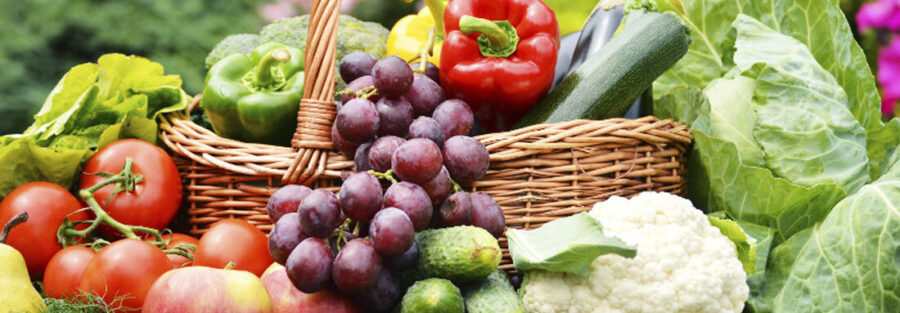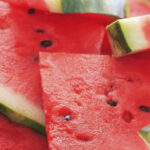Research suggests you can boost your immune system by getting enough sleep, exercising, and – most importantly – eating key healthy foods. Keeping your immune system healthy is essential for a strong and healthy body. The immune system is the first line of defense against diseases, infections, and other harmful agents.
However, many people may not realize that their diet plays a crucial role in boosting their immune system. Incorporating certain foods into your daily routine can help to strengthen your immune response and keep you healthy. Winter often brings on sniffles, coughs and sometimes the flu. Beyond a flu vaccination, what else can you do to stay healthy?
Food That Fight Illness and Boost Your Immune System
As the world continues to battle the COVID-19 pandemic, it’s important to take steps to ensure our immune system is in optimal shape. One of the most effective ways to do this is by consuming foods that are known to boost your immune system. Here are some of the top foods you can add to your diet to help you boost your immune system a much-needed boost.
One of the best ways to boost your immune system is by eating fruits and vegetables high in Vitamin C such as oranges, grapefruit, kiwi, red bell peppers, spinach etc. This vitamin helps to increase the production of white blood cells which are responsible for fighting off infections in the body. Additionally, including garlic in your diet can also help strengthen immunity as it has anti-microbial properties that fight bacteria and viruses.
Antioxidants help stabilize free radicals, which can damage the body’s cells and compromise the immune system. Different fruits and vegetables contain different types of antioxidants, so it’s important to eat a colorful variety, Farnsworth says. Stock up on green leafy vegetables, broccoli, garlic, citrus fruit and berries. Dark berries such as blueberries are especially potent, antioxidant powerhouses.
Vitamin C can help protect you from infection by stimulating the formation of antibodies and boosting immunity. Although vitamin C can’t prevent colds, it may help shorten your cold and make the symptoms milder. So incorporate citrus foods such as oranges and tangerines in your meals. Red bell peppers, papayas, strawberries and tomatoes are also rich sources of vitamin C. Get creative. Put them in salads or enjoy as them as a snack.
Vitamin A (beta carotene) helps keep your skin and tissues healthy. This can help protect you from infections that get in through cuts in your skin. Vitamin A is found in sweet potatoes, carrots, kale and spinach, among other foods.
Vitamin E helps the immune system fight off bacteria and viruses. In addition, vitamin E helps widen blood vessels and prevents blood clots. Vitamin E is found in vegetable oils, nuts, sunflower seeds, greens such as chard, spinach and broccoli, as well as in pumpkin, papaya and mangos.
Be Wary of Supplements
It’s so much easier to pop a vitamin tablet than to eat a healthy diet and exercise. Yet few studies validate the effectiveness of supplements. For example, a major study that reviewed 60 years of published scientific data on the effects of vitamin C tablets on the immune system concluded the tablets offered no benefit in preventing influenza.
Another popular supplement, Super Chlorella, boasts of including all the vitamins and antioxidants needed to strengthen the immune system and prevent the flu. Unfortunately, there is no scientific data to back this up. The same thing goes for many other supplements such as elderberries, garlic tablets and Echinacea.
Despite their contents, supplements don’t mimic all of the nutrients in whole fruits and vegetables. Substituting an orange with a Vitamin C tablet simply doesn’t have the same health benefits.
In general, your best bet is to eat a balanced diet so the immune system-boosting nutrients you need come from real food, Farnsworth says. “If you’re not sure, see a dietitian to find out which nutrients you’re lacking,” she suggests, “and what you can eat to get that nutrient in your diet.”
And don’t forget to exercise and get enough rest. A healthy diet, adequate sleep, and regular exercise have been scientifically proven to reduce inflammatory markers.
In conclusion, there is a wide range of foods that can help to boost your immune system. Eating a balanced diet full of nutrient-dense and antioxidant-rich food will help support your body’s natural defense against illness. Incorporating foods like yogurt, mushrooms, citrus fruits, garlic, leafy green vegetables, nuts, and seeds into your regular diet can help provide key vitamins and minerals that are essential to boost your immune health.










































